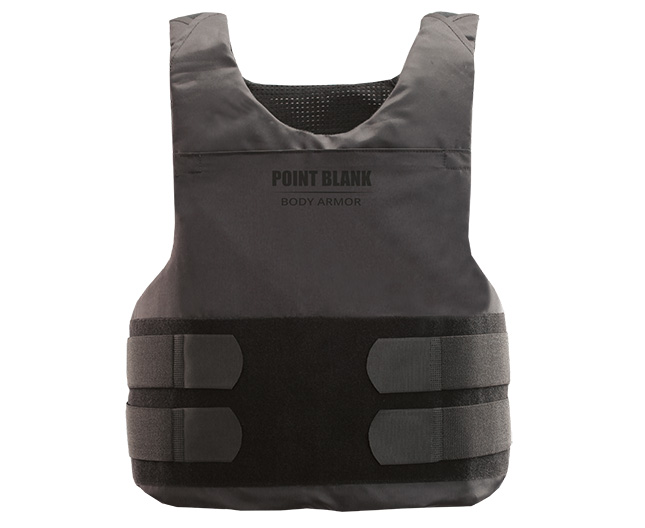

And that also made it supremely suitable for both concealable and tactical body armor in law-enforcement applications. And it wasn’t really close.įorce Multiplier Technology met and exceeded the standards required for extremely high-performance military applications. Dynemma's Force Multiplier Technology stood head-and-shoulders above all others.
#Point blank vest carrier series
The Alpha Elite Series was born when Point Blank engineers tested more than 400 different materials to meet the military's needs. Each sheet is thus able to combine the unprecedented strength of the fiber with the pliant thinness of the matrix design. In effect, unidirectional fibers are placed at right angles to one another and then laminated together. In creating the ballistic material from the fiber itself, thousands and thousands of individual fiber filaments are aligned in a unique 0˚/90˚ configuration. The result is a fiber with strength heretofore simplyunknownto science. Using a gel of extremely high molecular weight, they spin it to disentangle the polymeric chain, drawing the fiber to superior ratios. This polymer was created by DSM Dyneema’s patented gel-spinning technology. Polymer scienceĭSM Dyneema engineers pushed the boundaries of polymer science by creating a completely unique ultra-high-molecular-weight polyethylene (UHMWPE) polymer. This revolutionary combination of strength, light weight and flexibility is a result of innovations in two main areas: 1. Yet as strong as the fiber is, laminated sheets of Force Multiplier Technology ballistic material are so light and flexible that they appear semi-transparent - and they even float on water. Now, company engineers have made it even stronger. According to the complaint, Point Blank Enterprises has refused to notify purchasers of the vests of the alleged defect, and has yet to recall the products.A product of the DSM Dyneema® radical innovation program, the patented Force Multiplier Technology has been in development for more than three years.ĭSM Dyneema made headlines when the company created the world’s strongest fiber, Dyneema. and Protective Apparel Corporation of America model vests, touted by the defendant in its marketing materials as including an exclusive “Self-Suspending Ballistic System” feature, contain a concealed manufacturing defect that cannot be detected by proposed class members until the vests fail, creating an “imminent and substantial danger” to law enforcement. The 34-page complaint alleges the Point Blank Body Armor, Inc. are defective to the extent that they pose a “life-threatening safety issue” and cannot be reasonably relied upon for their intended use. The Ohio State Troopers Association, Inc., the International Union of Police Associations, and three individual officers have filed a proposed class action lawsuit that alleges the shoulder straps on certain model bulletproof vests manufactured by defendant Point Blank Enterprises, Inc. The plaintiffs filed the appeal after the judge overseeing their case denied class certification and dismissed the case on August 24, 2020. The three-judge panel wrote in a September 27 opinion that the district court was correct in finding there existed no common evidence of a class-wide defect in Point Blank’s bulletproof vests at the time of sale, that the proposed classes are “overbroad,” that individual issues predominate over issues common to the proposed classes and that the plaintiffs have failed to provide a class-wide method for calculating damages.Īccording to the panel, the lower court properly found that individual inquiries would be required to determine how each consumer used their vest and whether they experienced the alleged defect.Īll told, the plaintiffs failed to demonstrate that there are “questions of fact or law” common to proposed class members, i.e., those who the lawsuit sought to cover, that could produce common solutions and be resolved on a class-wide basis, the panel wrote. The August 2020 dismissal of the case detailed on this page has been affirmed after an appellate panel found that the lower court applied the correct legal standard and did not abuse its discretion in denying class certification.


 0 kommentar(er)
0 kommentar(er)
